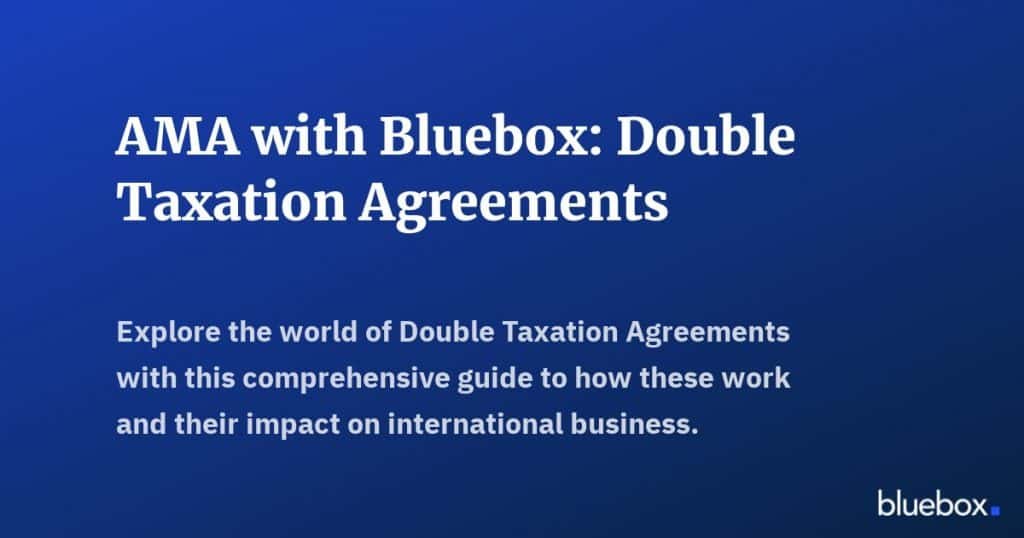Understanding Double Taxation Agreements
Tax treaties (Double taxation agreements) enable you to access relief from double taxation, either by way of tax credits, tax exemptions or reduced withholding tax rates.
As a company or individual looking beyond your own country for business opportunities and investments you would naturally be concerned with the problem of taxation, especially where you might have to pay taxes twice on the same income in the host country as well as in your home country.
Treaty provisions are generally reciprocal (applicable to both treaty countries) and non-discriminatory.
If there is no treaty between your country and Singapore, you may still be able to take advantage of Singapore’s unilateral tax credits.
In other words, the same income is being taxed twice – the country of source where the income arises and the country of residence where the income is received.
To relieve taxpayers from the burden of double taxation, countries provide various types of reliefs either under their domestic tax laws or under the tax treaties they have entered into with other countries.
A DTA is a bilateral agreement between two countries to avoid double taxation which may arise as a result of the application of their respective domestic tax laws. The main objective of a DTA is to provide certainty regarding when and how tax is to be imposed in the country where the income-producing activity is conducted or payment is made.
In order to avail the benefits of a Singapore Double Taxation Agreements with another country, you must be a resident of Singapore or the other country.
A resident is defined under Section 2 of the Singapore Income Tax Act as: An individual: A person who, in the year preceding the year of assessment, resides in Singapore except for such temporary absences therefrom as may be reasonable and not inconsistent with a claim by such person to be resident in Singapore, and includes a person who is physically present or who exercises an employment (other than as a director of a company) in Singapore for 183 days or more during the year preceding the year of assessment; and A company or body of persons: Means a company or body of persons the control and management of whose business is exercised in Singapore.
Non-Ratified DTA’s: These are DTA’s that have been signed by the two countries but that have not yet been ratified by their respective legislative authorities.
Exchange of Information Arrangements (EOI Arrangements): EOI Arrangements only include provisions for the exchange of information for tax purposes.
Singapore’s extensive network of DTAs ensures that a company doing business with or from Singapore will not face double taxation.
Some consider the place where income arises to be the “source” while others consider the place where the income is received to be the “source”. Under the terms of a Double Taxation Agreement, the country where income arises and the country where it is received both have the right to tax it. However, the agreement helps to ensure that only one of them will actually do so, as it sets out which country has the primary taxing rights.
The specific methods of tax relief available in Singapore are the following: Full Exemption: The income that has been subject to taxation by the non-Resident State is left out altogether from any calculation of taxes by the Resident State.
Full Credit: The full amount of tax paid to the other country is available as a credit while calculating the taxes in the Resident State.
Ordinary Credit: Under this method, the Resident State provides a credit equal to its own tax on the income in question.
If you earn foreign income from a treaty country, you are entitled to claim for relief under the relevant tax treaty by submitting a Certificate of Residence to the foreign country.
Income from immovable property
Business profits
Shipping and air transport
Associated enterprises
Dividends
Interest
Royalties and fees for technical services
Capital gains
Independent personal services
Dependent personal services
Directors’ fees
Artistes and sports-persons
Remuneration and pensions in respect of government service
Non-governmental pensions and annuities
Students and trainees
Teachers and researchers
Income of government
Other income
